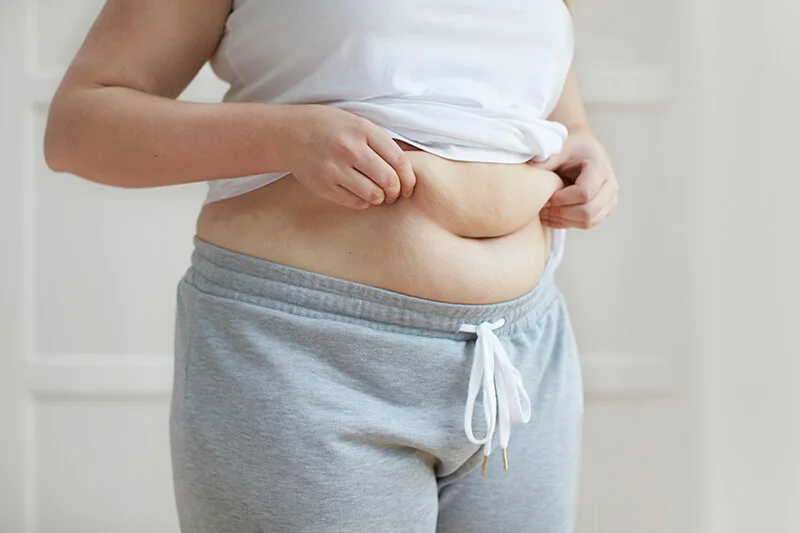The gastric balloon is an effective method in the fight against obesity. As the balloon inserted into the stomach gains volume after this procedure, a decrease in the patient’s food intake and an early sensation of satiety can be expected. After the gastric balloon treatment, attention should be paid to the dietary instructions and the diet should be followed correctly.
For the patient’s well-being, it is very important to eat only liquid and soft food for the first 1 week after the gastric balloon. The following foods should be consumed during this stage:
- At least 1.5-2 liters of water
- Tea (without sugar), decaffeinated coffee (without sugar)
- Liquid soups
- Skimmed milk/lactose-free milk, soy milk, almond milk, coconut milk, protein milk
- Low fat buttermilk
- Low fat/lactose-free kefir
- Low fat yoghurt
- Sugar free compote
- Vegetable puree (vegetables that cause flatulence, such as cauliflower, broccoli, cabbage, are not recommended).
- Fruit puree (acidic fruits such as oranges, mandarins, grapefruits are not recommended).
After the first week, the intake of solid food can be started gradually. If symptoms such as nausea and vomiting occur, one should return to the previous stage.
Dietary and nutritional recommendations after a gastric balloon procedure
- Fizzy drinks should not be consumed.
- Dried legumes should not be consumed.
- At least 3 meals per day should be taken. The frequency of snacks should be adjusted to you by your dietician.
- Intensive use of spices should be avoided if possible.
- At least 1.5-2 litres of water should be drunk daily.
- Meals should be eaten slowly and with lots of chewing.
- If coffee is consumed, decaffeinated coffee should be preferred.
- The amount of oil added to meals should be kept to a minimum.
- As a cooking method, grilling, baking or boiling should be preferred to frying.
- Liquids should not be taken with meals, a time interval of at least 30 minutes should be kept.
- At least one meal per day should consist of protein foods. Your dietician will make arrangements to meet your needs in this regard.
- Plant-based sweetener can also be used instead of sugar.
- If necessary, dark bread types such as whole grain, rye and whole wheat bread should be preferred.
- The craving for sweets should be suppressed with fruit.
- Salads can be seasoned with lemon and vinegar, but oil should not be used.
- No alcohol should be consumed.
- It is important to walk for 30 to 45 minutes every day to continue weight loss.




